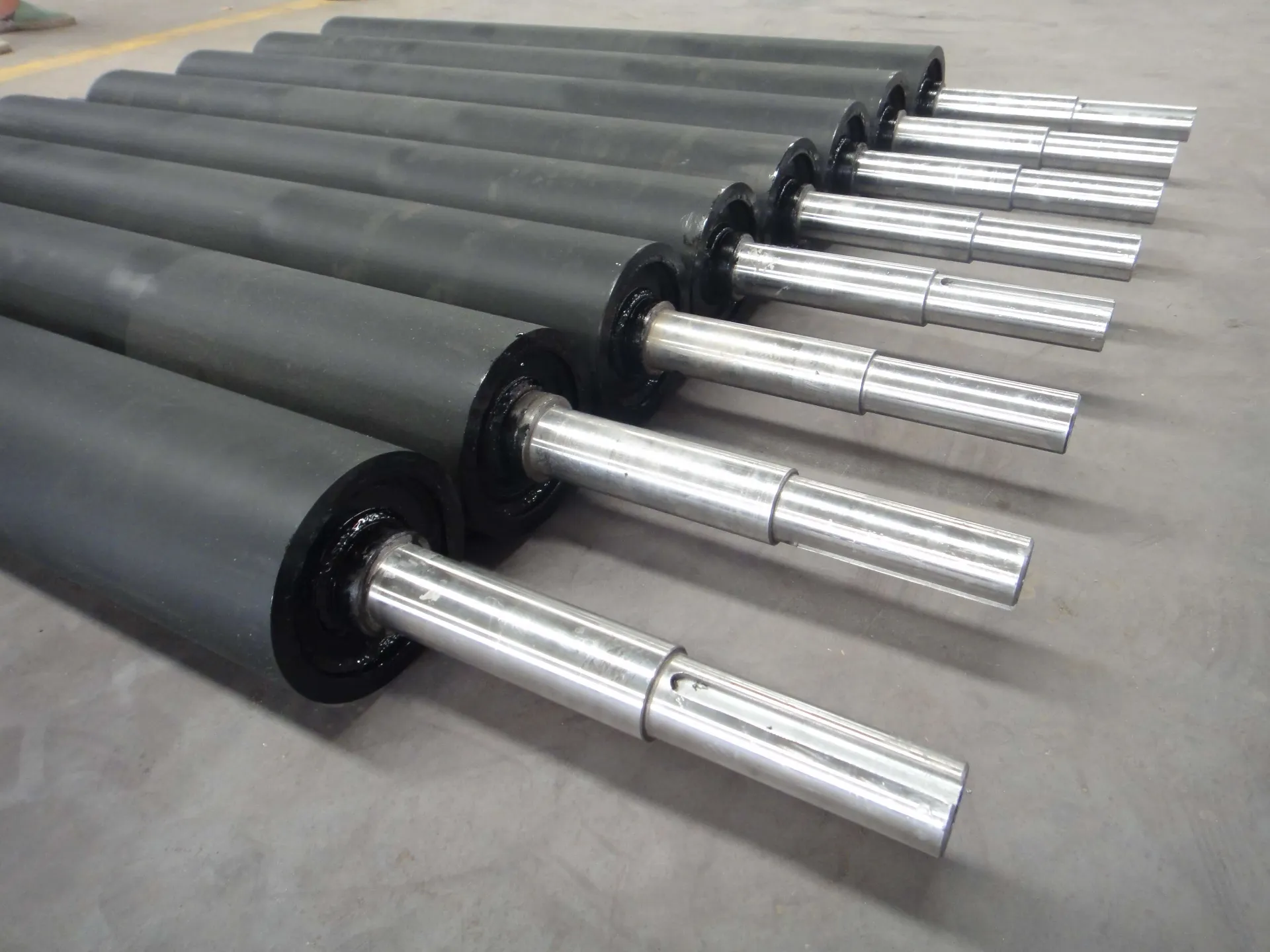 Afrikaans
Afrikaans  Albanian
Albanian  Amharic
Amharic  Arabic
Arabic  Armenian
Armenian  Azerbaijani
Azerbaijani  Basque
Basque  Belarusian
Belarusian  Bengali
Bengali  Bosnian
Bosnian  Bulgarian
Bulgarian  Catalan
Catalan  Cebuano
Cebuano  Corsican
Corsican  Croatian
Croatian  Czech
Czech  Danish
Danish  Dutch
Dutch  English
English  Esperanto
Esperanto  Estonian
Estonian  Finnish
Finnish  French
French  Frisian
Frisian  Galician
Galician  Georgian
Georgian  German
German  Greek
Greek  Gujarati
Gujarati  Haitian Creole
Haitian Creole  hausa
hausa  hawaiian
hawaiian  Hebrew
Hebrew  Hindi
Hindi  Miao
Miao  Hungarian
Hungarian  Icelandic
Icelandic  igbo
igbo  Indonesian
Indonesian  irish
irish  Italian
Italian  Japanese
Japanese  Javanese
Javanese  Kannada
Kannada  kazakh
kazakh  Khmer
Khmer  Rwandese
Rwandese  Korean
Korean  Kurdish
Kurdish  Kyrgyz
Kyrgyz  Lao
Lao  Latin
Latin  Latvian
Latvian  Lithuanian
Lithuanian  Luxembourgish
Luxembourgish  Macedonian
Macedonian  Malgashi
Malgashi  Malay
Malay  Malayalam
Malayalam  Maltese
Maltese  Maori
Maori  Marathi
Marathi  Mongolian
Mongolian  Myanmar
Myanmar  Nepali
Nepali  Norwegian
Norwegian  Norwegian
Norwegian  Occitan
Occitan  Pashto
Pashto  Persian
Persian  Polish
Polish  Portuguese
Portuguese  Punjabi
Punjabi  Romanian
Romanian  Russian
Russian  Samoan
Samoan  Scottish Gaelic
Scottish Gaelic  Serbian
Serbian  Sesotho
Sesotho  Shona
Shona  Sindhi
Sindhi  Sinhala
Sinhala  Slovak
Slovak  Slovenian
Slovenian  Somali
Somali  Spanish
Spanish  Sundanese
Sundanese  Swahili
Swahili  Swedish
Swedish  Tagalog
Tagalog  Tajik
Tajik  Tamil
Tamil  Tatar
Tatar  Telugu
Telugu  Thai
Thai  Turkish
Turkish  Turkmen
Turkmen  Ukrainian
Ukrainian  Urdu
Urdu  Uighur
Uighur  Uzbek
Uzbek  Vietnamese
Vietnamese  Welsh
Welsh  Bantu
Bantu  Yiddish
Yiddish  Yoruba
Yoruba  Zulu
Zulu Exploring the Benefits and Applications of Polyurethane Rollers in Modern Industry
Understanding Polyurethane Rollers Their Composition, Benefits, and Applications
Polyurethane rollers have become a cornerstone in various industries due to their durability, versatility, and performance. Rubber and metal rollers have traditionally been used in many applications, but polyurethane has emerged as a superior alternative. This article explores the composition, benefits, and applications of polyurethane rollers and why they are increasingly favored in modern manufacturing and material handling processes.
Composition of Polyurethane Rollers
At its core, polyurethane (PU) is a polymer composed of organic units joined by carbamate (urethane) links. This material is known for its elasticity, resilience, and ability to withstand a wide range of temperatures and environmental conditions. The production of polyurethane rollers involves mixing isocyanates with polyols, resulting in a solid material that can be molded into various shapes and sizes based on specific applications. The ability to customize the hardness or softness of the roller makes polyurethane highly adaptable, allowing manufacturers to create rollers that meet precise requirements for different tasks.
Advantages of Polyurethane Rollers
1. Durability Polyurethane is highly resistant to wear and tear, making rollers manufactured from this material ideal for high-load and high-speed applications. Unlike rubber rollers, which can degrade over time due to exposure to environmental factors, polyurethane rollers maintain their integrity and performance longer.
2. Versatility Polyurethane rollers can be tailored to specific needs, including varying levels of hardness, colors, and surface finishes. This customization capability allows for targeted solutions in various settings, from manufacturing to packaging.
3. Shock Absorption Polyurethane's elastic properties enable it to absorb shocks and vibrations effectively. This characteristic is particularly beneficial in applications where delicate or sensitive materials need to be handled with care.
4. Chemical Resistance Polyurethane exhibits excellent resistance to a range of chemicals, oils, and solvents. This feature makes polyurethane rollers suitable for industries involving harsh materials and environments where chemical exposure could compromise the integrity of other types of rollers.
polyurethane roller

5. Reduced Noise Levels Polyurethane rollers contribute to lower operational noise levels when utilized in machinery. This reduction in noise is often a crucial factor in creating safer and more comfortable working environments.
Applications of Polyurethane Rollers
The versatility of polyurethane rollers lends itself to a myriad of applications across various industries
- Manufacturing Used in conveyor systems, medium to heavy-duty applications, and assembly lines, polyurethane rollers help maneuver products effectively through the manufacturing process.
- Printing They are ideal for use in printing presses, where precision is essential, and any damage to prints needs to be avoided.
- Food Processing Due to their resistance to chemicals and ease of cleaning, polyurethane rollers are increasingly employed in food handling and processing environments, adhering to food safety standards.
- Material Handling From packaging machines to pallet jacks, polyurethane rollers enhance efficiency by enabling smoother movement of goods and materials.
In conclusion, polyurethane rollers are an essential component in modern manufacturing and handling processes. Their unrivaled durability, versatility, and performance make them superior to traditional rollers made from rubber or metal. As industries continue to seek innovative solutions for improved efficiency and cost-effectiveness, polyurethane rollers will likely see a growing presence across various sectors.
-
Revolutionizing Conveyor Reliability with Advanced Rubber Lagging PulleysNewsJul.22,2025
-
Powering Precision and Durability with Expert Manufacturers of Conveyor ComponentsNewsJul.22,2025
-
Optimizing Conveyor Systems with Advanced Conveyor AccessoriesNewsJul.22,2025
-
Maximize Conveyor Efficiency with Quality Conveyor Idler PulleysNewsJul.22,2025
-
Future-Proof Your Conveyor System with High-Performance Polyurethane RollerNewsJul.22,2025
-
Driving Efficiency Forward with Quality Idlers and RollersNewsJul.22,2025





























